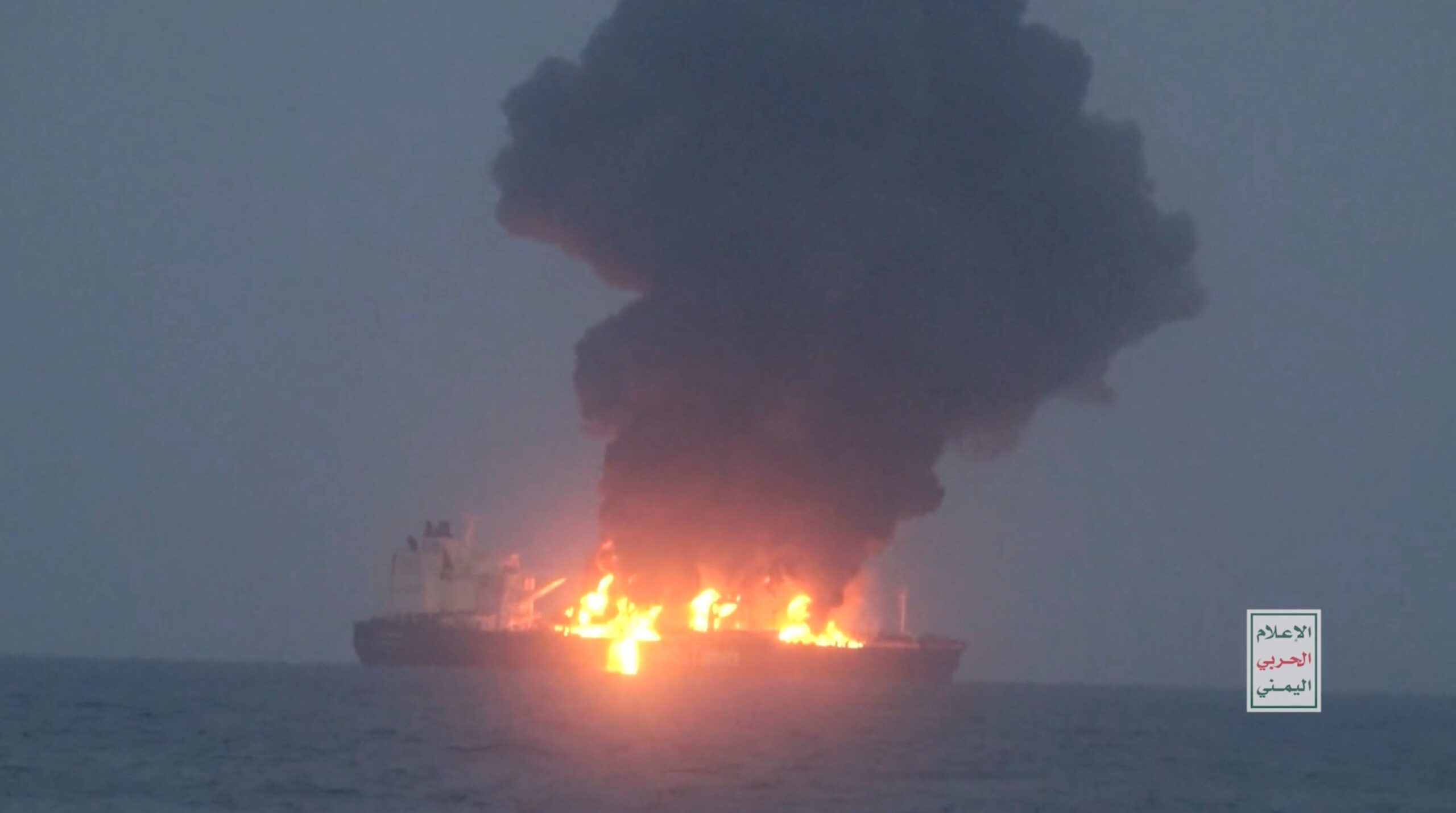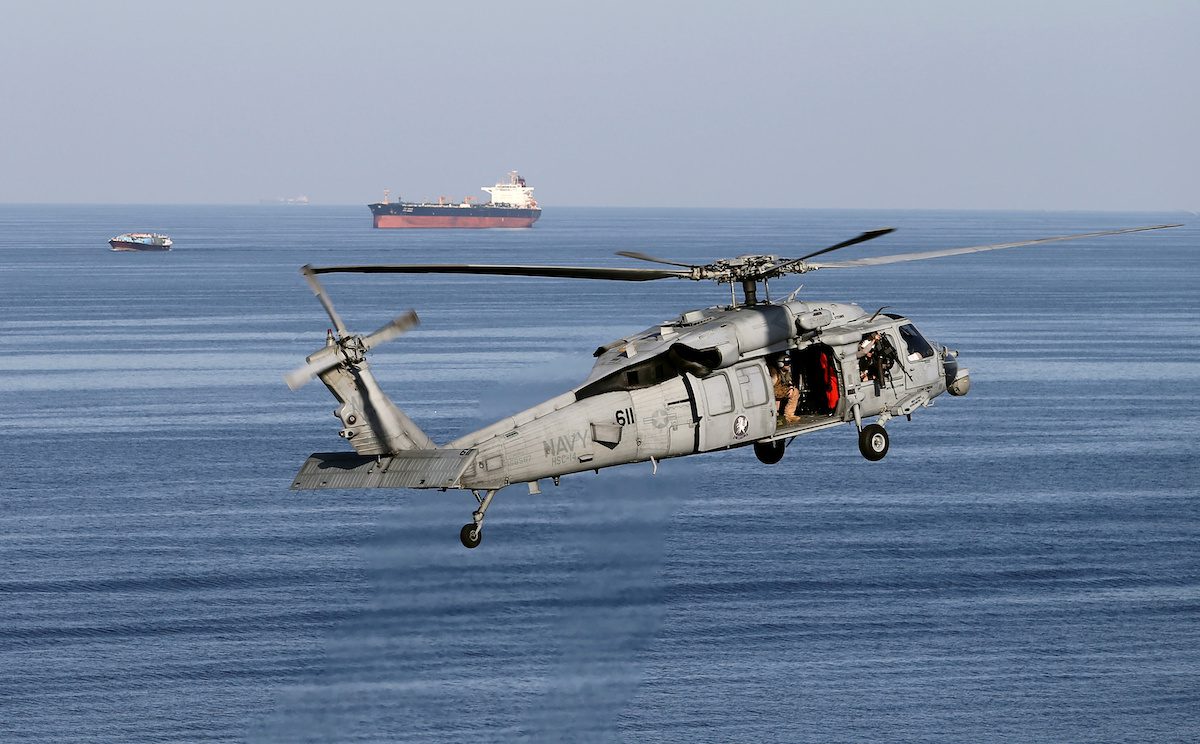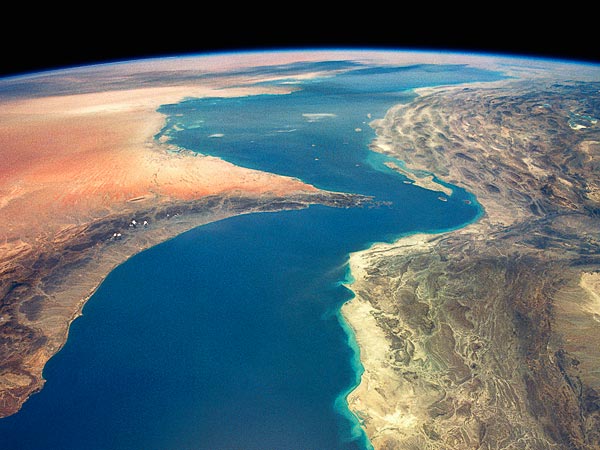Despite restrictions, the Russian crude trade is expected to continue at discounted prices, benefiting the crude tanker market for vessels not subject to sanctions, according to maritime consultancy firm Drewry.
Western nations, led by the U.S., have been escalating trade restrictions and sanctions on Russia’s crude oil trade as part of a concerted effort to reduce the Kremlin’s revenue from oil sales, a key funding source for its war in Ukraine.
A key component of the restrictions is the “price cap” policy implemented by a coalition comprised of the G7 the European Union, and Australia. The policy imposes restrictions on services related to the maritime transport of Russian-origin crude oil and petroleum products, unless the oil is traded at or below specified price caps. A recent analysis by the U.S. showed the first phase of the price cap policy significantly reduced Russia’s oil tax revenue by about 40% in the first nine months of 2023, forcing the Kremlin to invest in evasion measures such as a “shadow fleet” of tankers for its oil exports.
A second phase of the policy has focussed on enforcement. According to Drewry, since October 2023, the U.S. has sanctioned over 40 tankers involved in Russian crude trade for breaching the $60 per barrel price cap, including 14 associated with Russia’s state-owned Sovcomflot, thereby reducing vessel availability for its crude exports.
Considering Russia’s significant role in the global oil supply, Drewry identified two potential scenarios for how things could go for its crude exports.
The first involves Russia adhering to the price cap, which would increase cargo availability for non-sanctioned vessels. Drewry notes that India, having become a significant buyer of Russian crude oil after the G7 price cap, might continue importing Russian crude as long as it’s sold for under $60 per barrel on non-sanctioned vessels.
However, US sanctions have led some markets to reassess imports. Reports of Russian crude cargoes idling off India’s coast recently potentially highlight how Russian oil deliveries are being hampered by sanctions.
“[India] has been benefiting from lower prices after Europe banned Russian oil imports. The South Asian country imported about 1.66 mbpd of Russian oil in 2023 compared to 0.65 mbpd in 2022. The threat of losing a major buyer like India might force Russia to absorb the higher transportation cost by offering a deeper discount on crude prices,” Drewry said in its analysis.
The second scenario involves Russia exploring alternative ways of selling its oil, possibly relying on the ‘shadow fleet’ of aging tankers. However, Drewry points out that this approach is likely to be met with resistance, as countries like India are reluctant to buy crude on sanctioned vessels. Regardless, if Russia finds buyers for its crude above the price cap, demand for the ‘shadow fleet’ could increase, negatively impacting the crude tanker market.
As tanker operators navigate these challenges, Drewry believes potential opportunities could emerge for crude tankers.
“Drewry believes Russian crude trade will continue unabated at discounted prices as the ongoing sanctions will make it difficult for Russia to evade the price cap. The crude tanker market will thus benefit from the Russian crude trade on vessels without any sanctions,” Drewry concluded.

 Join The Club
Join The Club










